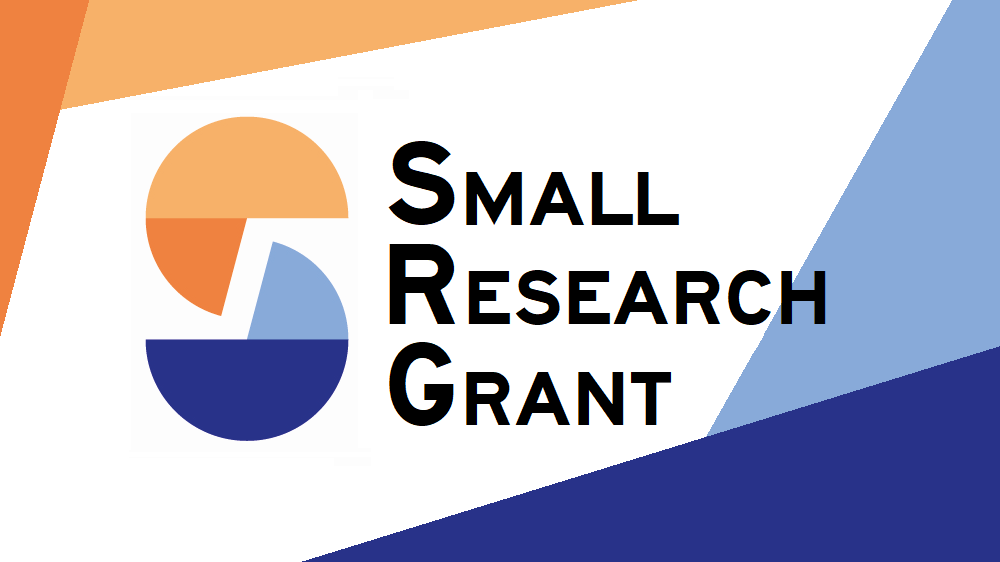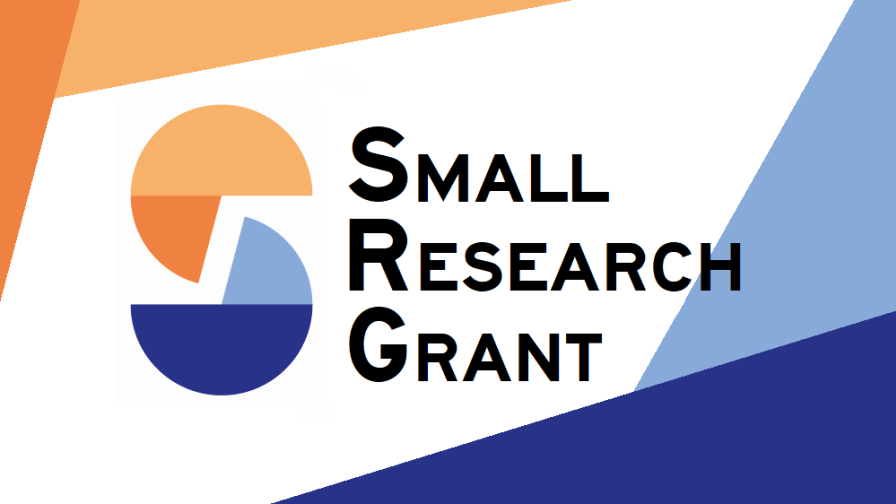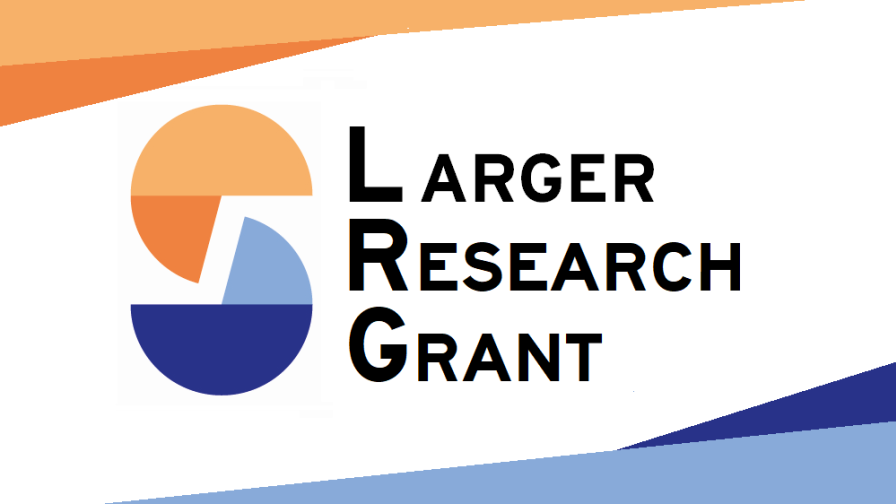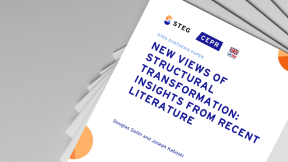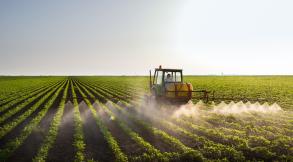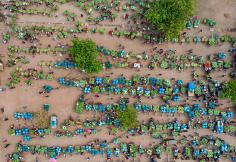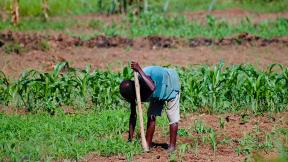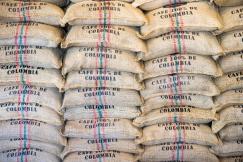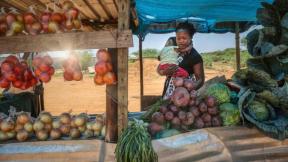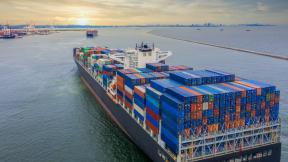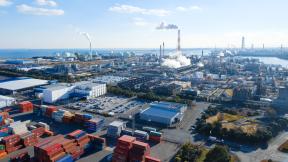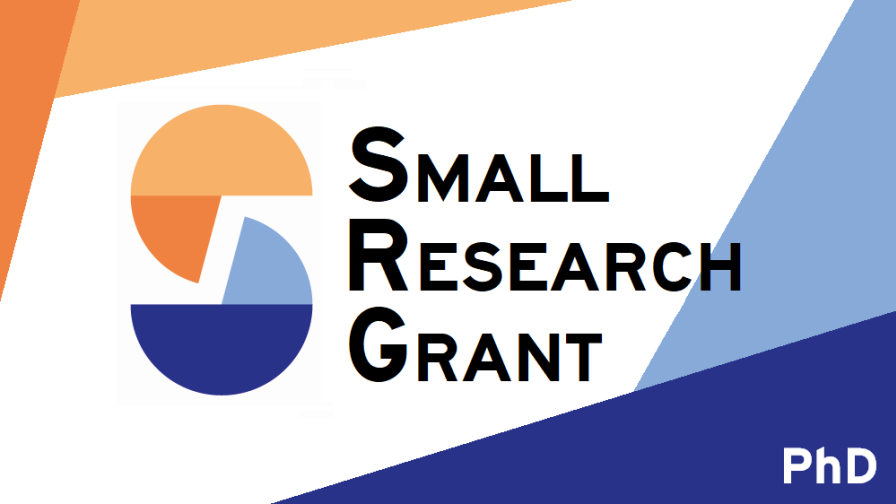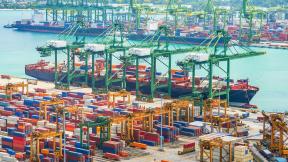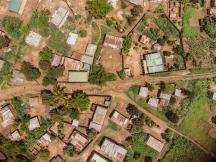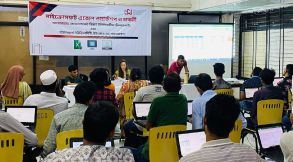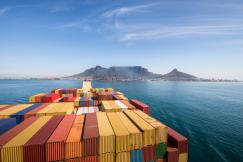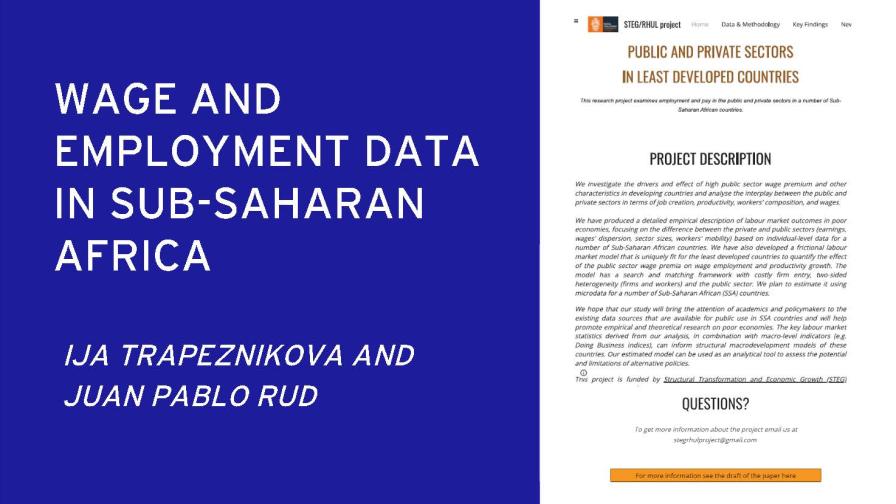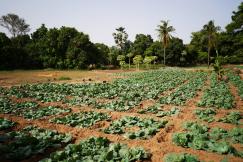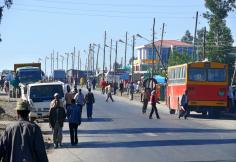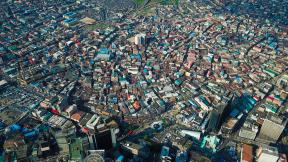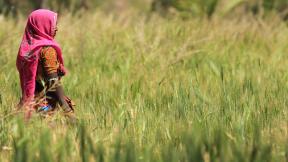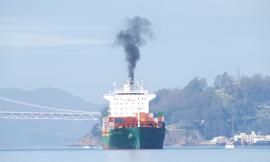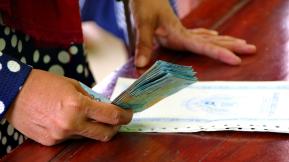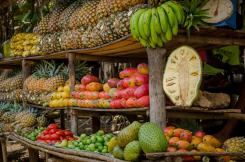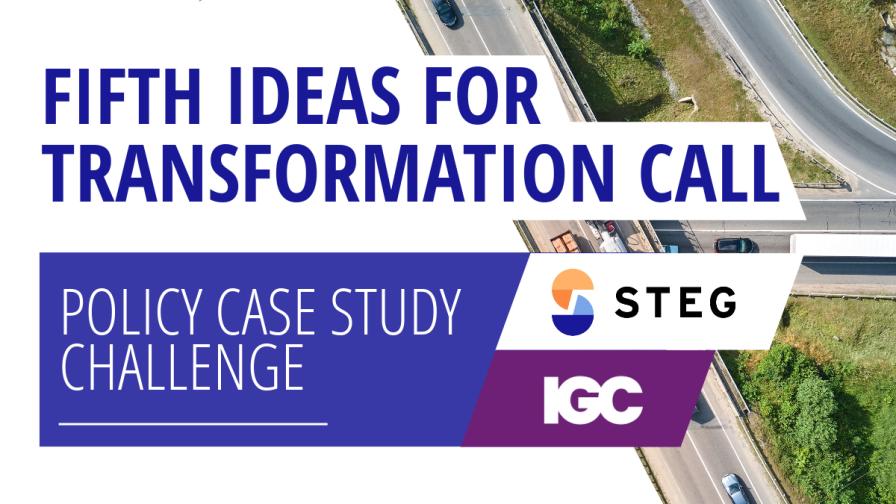Deforestation has gathered speed in recent decades, bringing the adverse impacts of human action on the world's climate and biodiversity to the forefront of public debate. For instance, global net emissions from deforestation and land-use change—mostly coming from tropical deforestation in low- and middle-income countries—accounted for 11 percent of total human-caused CO2 emissions between 2000 and 2010 (IPCC, 2014). The experiences of individual countries, however, have varied greatly and ranged from substantial deforestation in Brazil to reforestation in China. Seeking to understand these experiences, an important literature has identified several drivers of deforestation, such as international crop prices, infrastructure projects, institutional quality, and trade and environmental policies – mostly focusing on individual countries and industries. This project adds to this literature by placing the study of deforestation into a global perspective. Acknowledging that economic activity and deforestation are interconnected across countries via global trade, this study asks: What are the implications of agricultural trade and productivity growth for deforestation around the world, and how government policies can help curb global deforestation?
This project combines empirical and structural work. On the empirical front, the investigators are gathering data on trade and deforestation for 40 countries between 1990 and 2018, and are documenting the causal impacts running from export demand and population growth to land use and deforestation. The study also documents several patterns relating to changes in forest cover across countries and over time, as well as the carbon content of forests. Guided by these facts and empirical estimates, the investigators are developing a quantitative multi-country model of international trade and land use. On the supply side, forward-looking agents convert forests into productive land, treating their land holding as an asset. On the demand side, international trade regulates pressures on land use across countries. Using the model, the project will evaluate several counterfactual scenarios, inspired by current policy discussions. Results at the individual country level underscore the importance of forest leakage: that is, reduction of forest area in one region can help accommodate food consumption in other regions, leading to less deforestation or reforestation there. The global aggregate, however, depends on forces of structural change and comparative advantage. Preliminary results suggest that, because agriculture is complementary to the other sectors in the economy, a global reduction in trade costs reduces global deforestation, since economic activity shifts away from agriculture via structural change.
The relation between trade and forests (and the environment, more broadly) is an area of active policy discussion and research. In the face of different incentives between rich and poor countries and lack of policy tools to directly address environmental problems at their source, international trade policy has emerged as a plausible “second-best” tool by which some countries can exert pressure on others, building on an already existing policy architecture. This work introduces a new and important dimension to this discussion: When trade cost reductions are multilateral, structural change alleviates the tension between trade openness and the environment. The results of this study, which provide an open-economy version of Borlaug’s hypothesis, are especially important for developing countries, because they highlight policy alternatives that are pro-trade and promise economic gains instead of policy approaches that aim to punish countries where deforestation is most severe.
